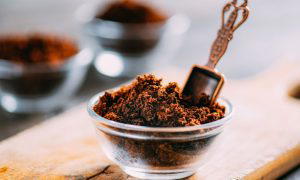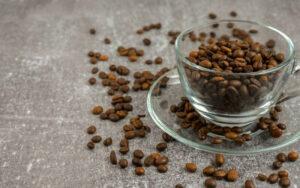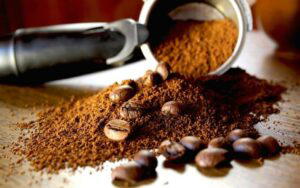
Should You Refrigerate Coffee Grounds: A Comprehensive Guide
Coffee grounds freshness is an essential part of delivering that perfect cup of coffee every time. While working at Starbucks, I learned quickly that storing

Coffee grounds freshness is an essential part of delivering that perfect cup of coffee every time. While working at Starbucks, I learned quickly that storing

Sounds like a pretty straightforward thing right? Turns out making coffee involves quite a bit of math. And here I thought I won’t have to

Even though we do not think about it, coffee grounds have an expiry date too. So is your coffee okay to eat or have they